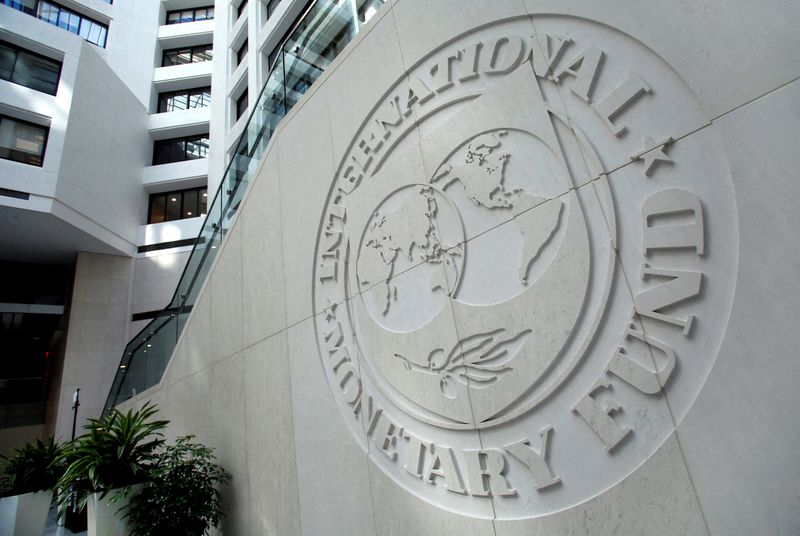By Lefteris Papadimas
ATHENS (Reuters) - Greece's economy is expected to expand 3.5% this year due to higher energy prices and the Ukraine crisis, the International Monetary Fund said on Friday, lowering a previous 5.4% estimate made last summer.
"Growth is expected to remain robust despite the adverse impact of the war in Ukraine and high inflation," the fund said in a statement after a staff visit to Greece.
It said elevated risk aversion and weaker consumer confidence due to higher energy prices might delay investments and dent tourism's recovery.
Its new estimate is lower than Greece's own forecast for 4.5% growth this year. Greece's economy grew 8.3% in 2021.
The IMF said average inflation will rise to 4.5% in Greece this year before it settles at 1.9% over the medium term. The country's annual consumer inflation surged to 7.2% in February, a 25-year high.
The IMF mission, which called for a growth-friendly fiscal adjustment and continuing structural reforms, said the government should return to primary surpluses next year and achieve a surplus of 2% of GDP by 2027.

Greece's public debt, at about 200% of GDP last year, is expected to decline and rollover risks appear manageable over the medium term, it said.
"Though the overall risk of sovereign stress is moderate, considerable uncertainty remains about Greece's ability to sustain high primary surpluses and the future path of interest rates once Greece starts to replace official financing with market funding," the statement said.